How Bouncers and Bartenders Spot Fake IDs: Insider Tips and Real-Life Examples
How Bouncers and Bartenders Spot Fake IDs: Insider Tips and Real-Life Examples
Have you ever been to a bar and the bartender looked at your ID with a skeptical eye?
It can be confusing, right? Fake IDs are more common than you think, and bouncers have mastered many tricks to spot them.
From glow-in-the-dark edges to checking for raised letters, they've seen it all.
If you're interested in how they spot fakes, or just want a high-quality novelty ID, you've come to the right place.
In this article, I'll reveal the secrets to spotting fake IDs and avoiding embarrassing situations.
The Black Light Test: Does It Really Work?
The Black Light Test is one of the oldest methods of spotting fake IDs, and it's covered in the book.
When you shine a black light directly on an ID, most fake IDs will glow around the edges, making it look like they're shining through.
This is a dangerous giveaway. I've seen this happen on Arkansas IDs more than once, especially in low-light bars where black lights are common.
Why does this happen? Fake IDs often don't have the edges properly sealed, which causes the glow.
Real IDs are sealed, so light won't show through. If you're checking an ID in a dim environment, a flashlight may be your best helper. Simply shine the light along the edges, and if a glow appears, it's probably a fake.
But that's not all. Other tests should be performed, such as ultraviolet (UV) testing, because some real IDs may not glow, as in the case of the Arkansas ID mentioned on Reddit.
Photo Clues: The Gift of Shadows and Light
One of the quickest ways to spot a fake ID is to examine the photo carefully.
This is often a big gift. Most fake IDs are created from homemade photos taken at home or in a dorm room. The lighting is nowhere near the DMV-level lighting on a real ID.
The result? Shadows under the chin, around the nose, or near the ears are all clear signs that something is amiss.
A real ID photo, like the one for an Arkansas or New Jersey ID, should be clear, evenly lit, and free of weird shadows. Such photos are taken under proper DMV lighting, not quickly taken with a cell phone at a bad angle.
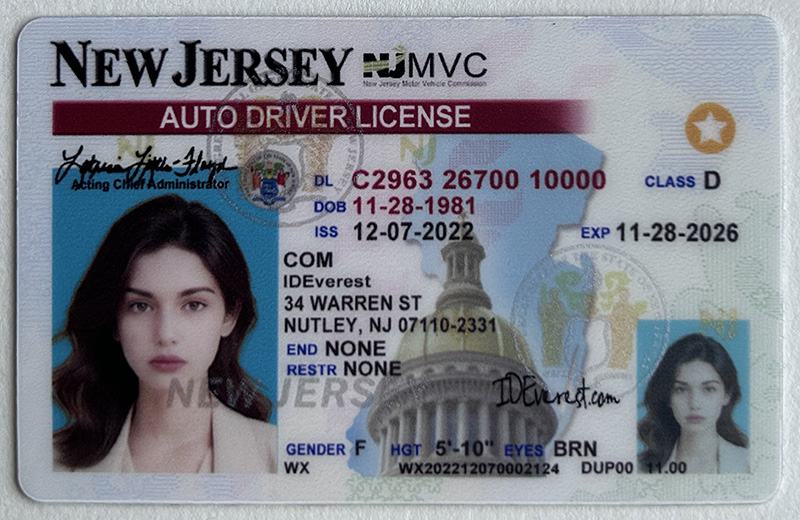
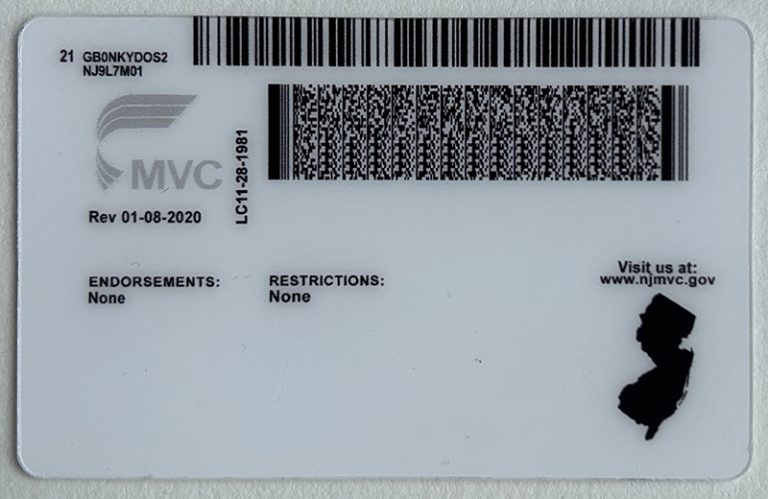
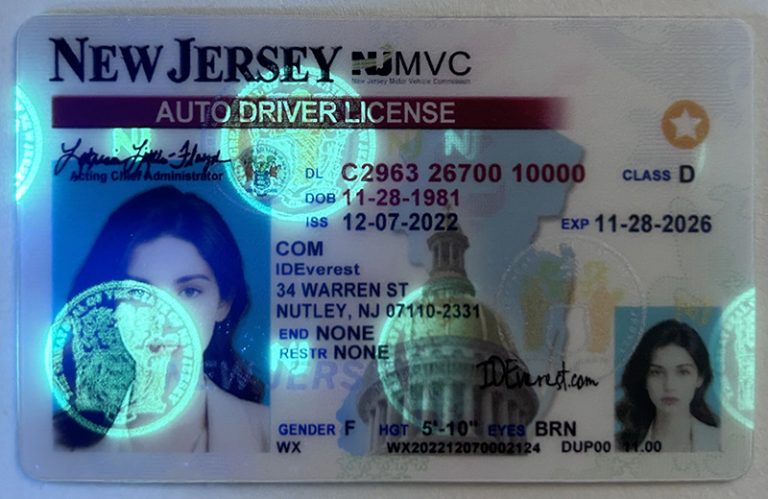
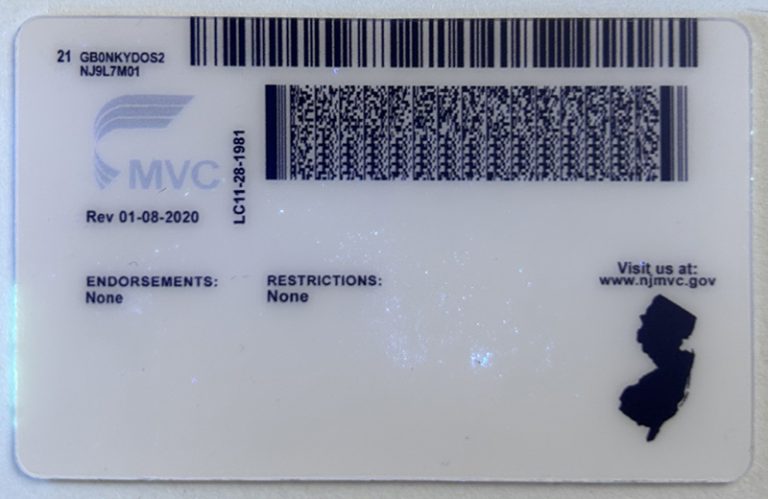
I've seen fake IDs that were clearly taken by someone at home. Poor image quality and noticeable shadows.
On Reddit, there’s an example of a fake Arkansas ID with dark shadows near the chin and ears. This is a red flag. Real DMV photos don’t have this problem.
So the next time you check an ID, pay special attention to the quality of the photo—especially the chin shadow, ear shadow, natural blending of the hairline, and signs of Photoshop. If the lighting looks unusual or there are shadows where there shouldn’t be, you may have a fake ID.
State-specific ID information: Details in the font.
Each state has unique features on its IDs that can help identify a fake.
It’s all about the subtle details, like the fonts used, the symbols, and even the color variations. Experienced bodyguards are very familiar with this because they memorize the main features of each state. When you observe enough IDs, these differences will be obvious.
In the case of the New Jersey ID, the word “EYES” has a very complex font design. The middle part of the first “E” is short, which is easy to miss unless you’re paying attention. Pennsylvania IDs also have their own unique features, like its keystone symbol.
It’s faint in daylight, but becomes immediately visible when light is shone from behind. It’s subtle, but real, and IDs always have this feature.
Connecticut IDs, on the other hand, have slightly glossy lettering, especially in certain lighting conditions. If the lettering is matte or all black, as it is on some fakes, that’s a sign of a low-quality ID.
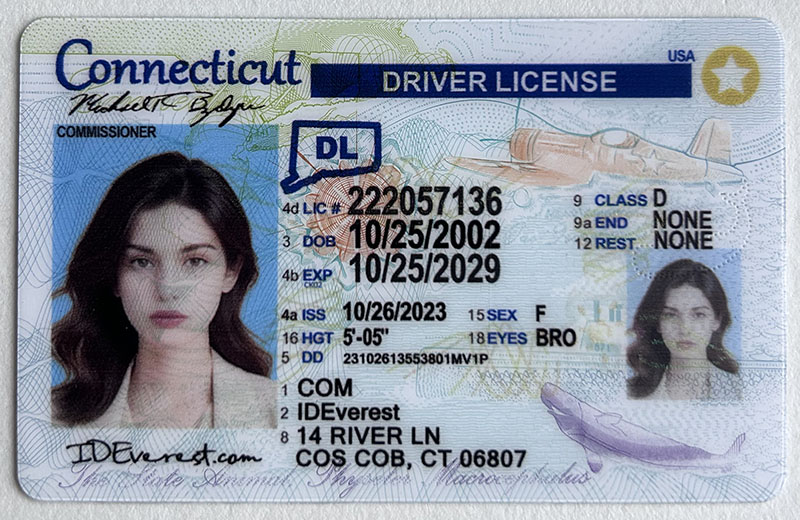
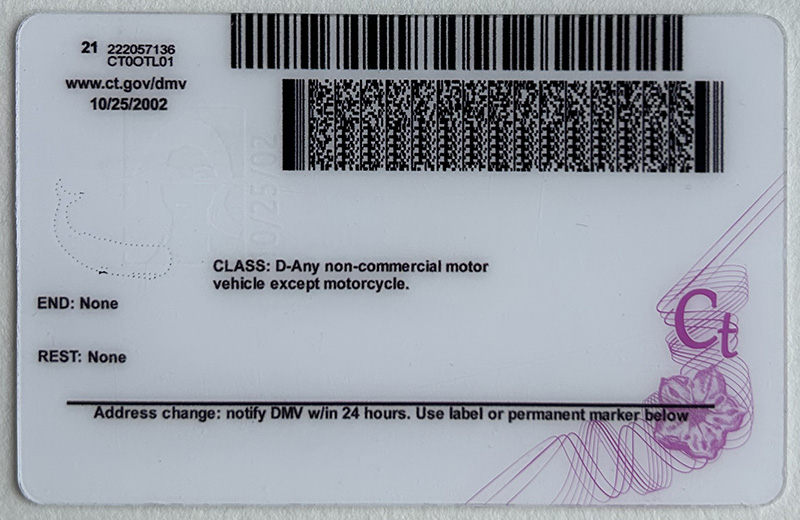
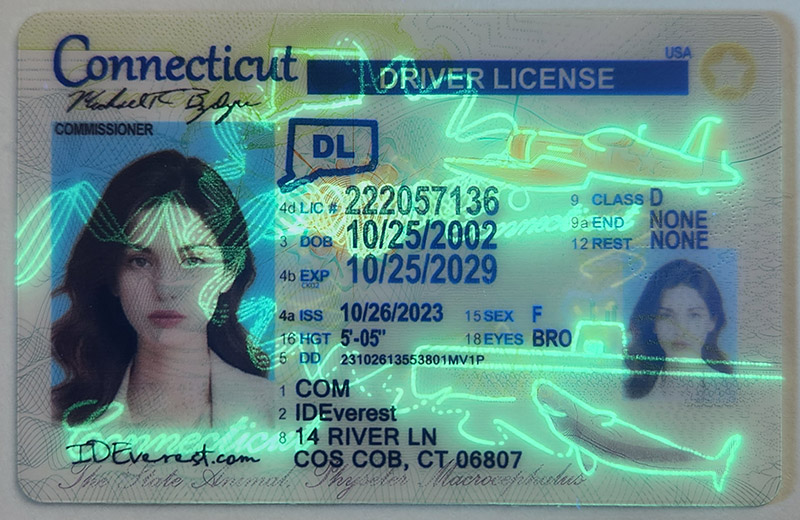
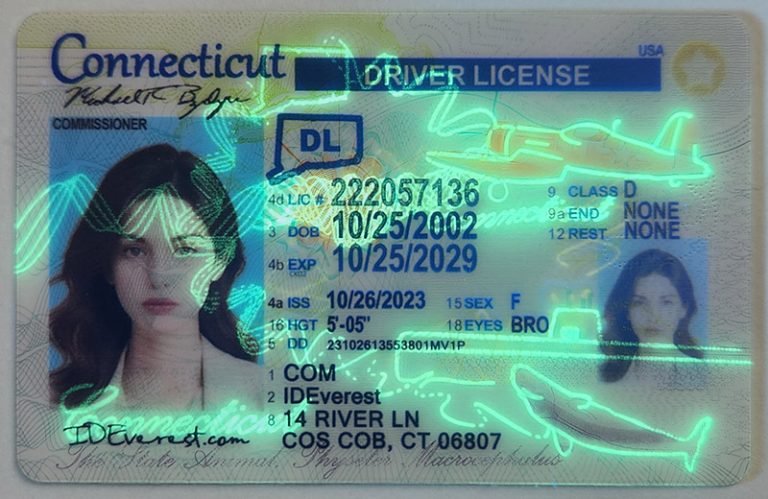
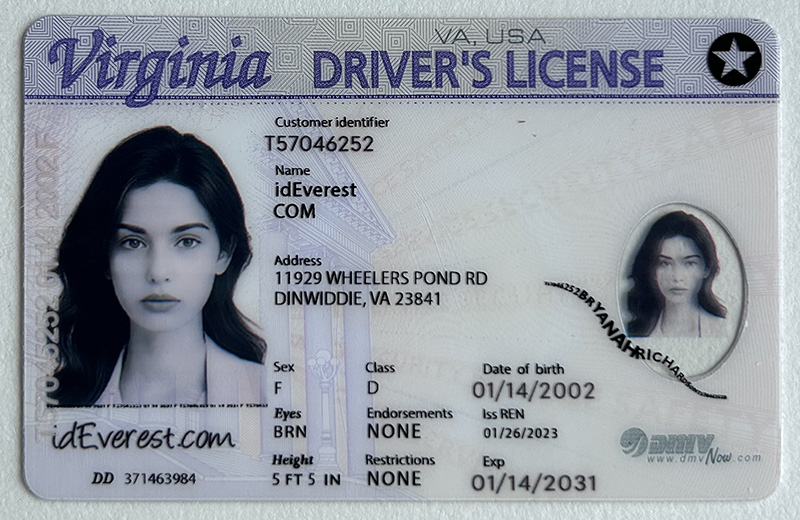
There’s a great example on Reddit of someone who caught a fake New Jersey ID because of an inconsistent “EYES” lettering. These subtle details can make a big difference, and that’s what professionals pay attention to when reviewing IDs.
So if you want to spot a fake, keep an eye out for these state-specific design elements. A little knowledge can help you tell the real thing from the fake.
Raised lettering vs. holograms: a tactile experiment
Sometimes, you can’t spot a fake ID with your eyes alone—you need to feel it. In states like Virginia and New York, real IDs have raised letters that you can feel with your fingers, especially on details like your date of birth (DOB) or driver’s license (DL) number. It's like reading Braille. Real IDs have a distinct feel, while many fakes appear smooth or have rough printing.

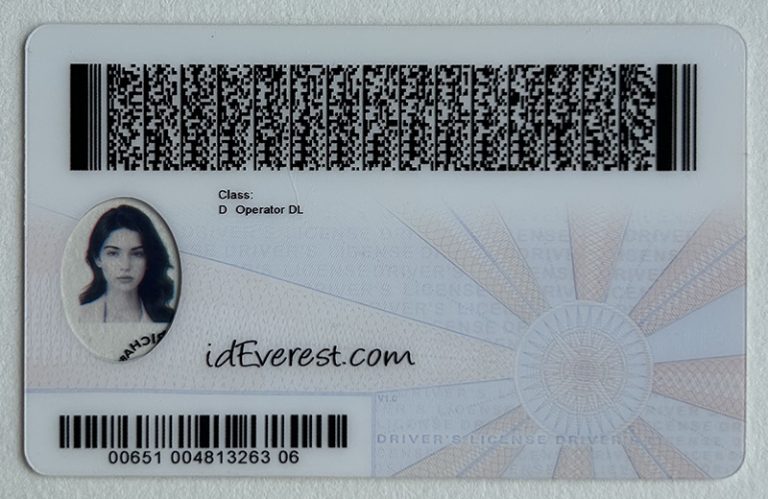
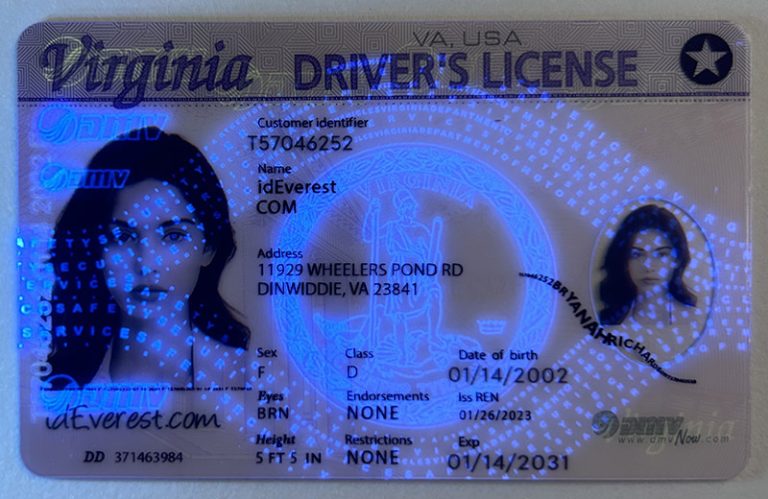
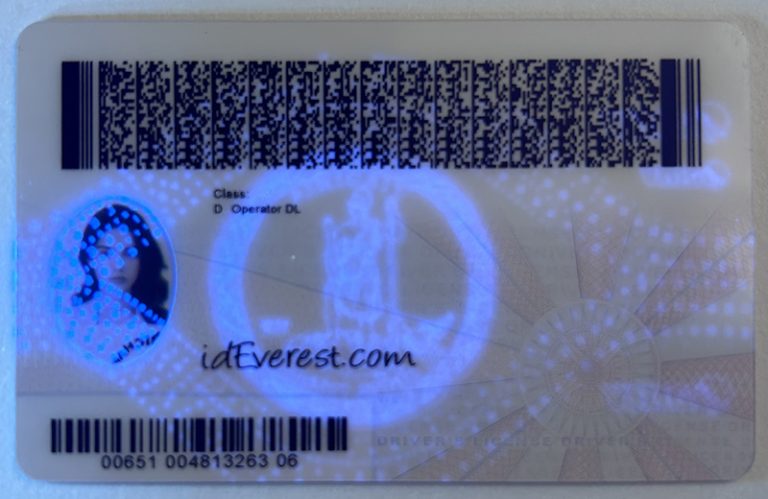
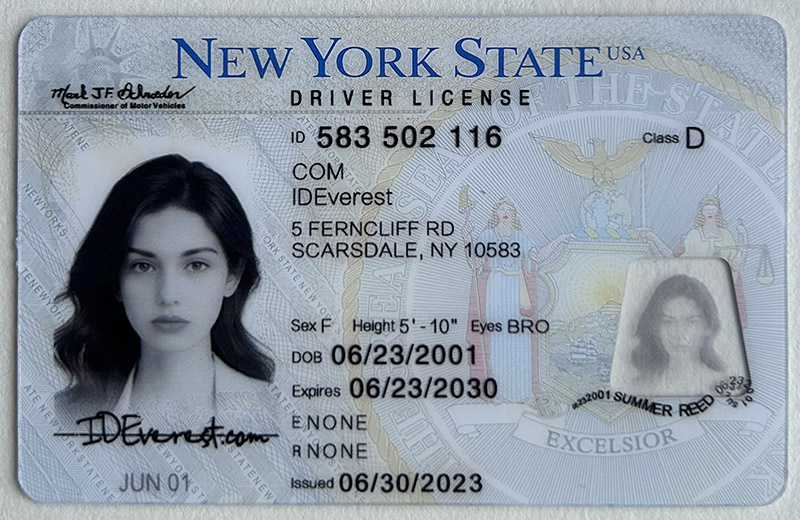
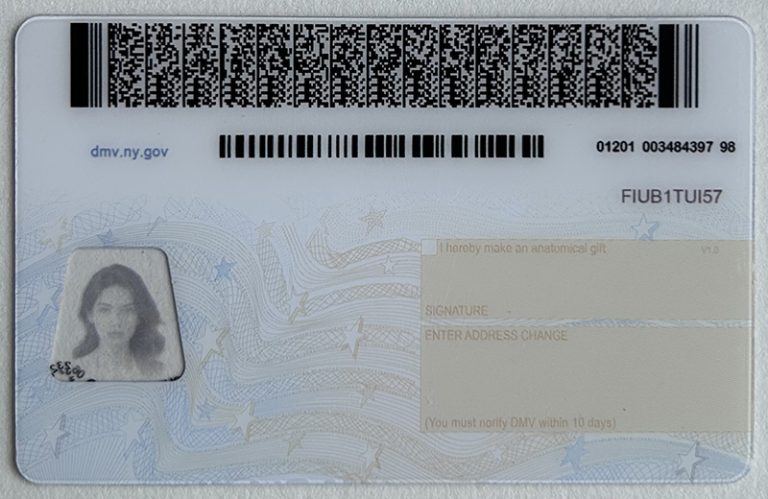
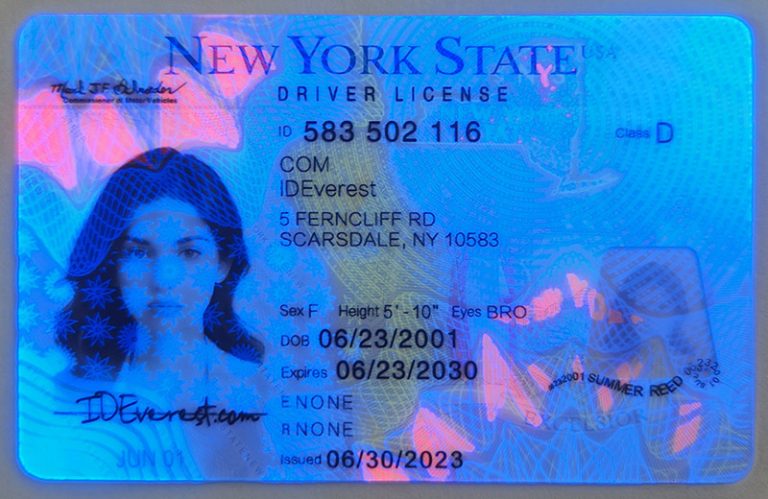
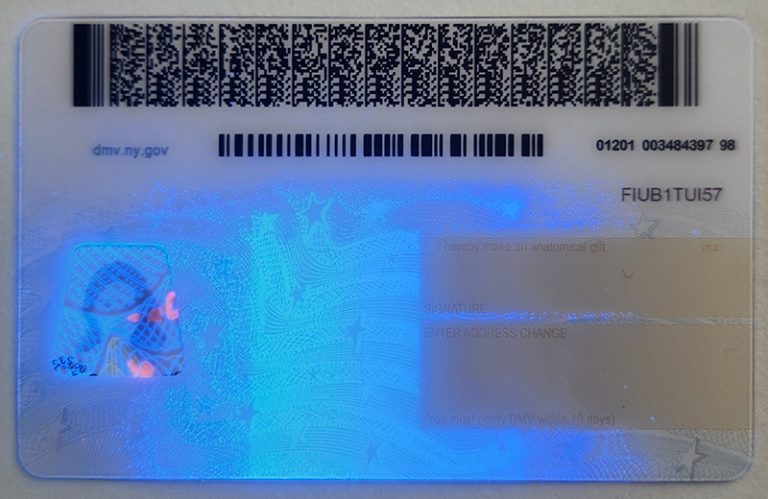
I've seen fake IDs where the raised letters either felt too smooth or fell off completely if you scratched them. That's a clear sign you're dealing with a low-quality forgery. The details aren't just on the surface, they're etched into the ID.
Next up is the hologram. Real IDs have holograms that move and reveal hidden details when you rotate them. For example, on an Ohio ID, if you tilt it vertically, you can see your driver's license number and date of birth come into view.
But for most states, like Pennsylvania or Connecticut, you need to tilt the ID horizontally to appreciate the holograms.
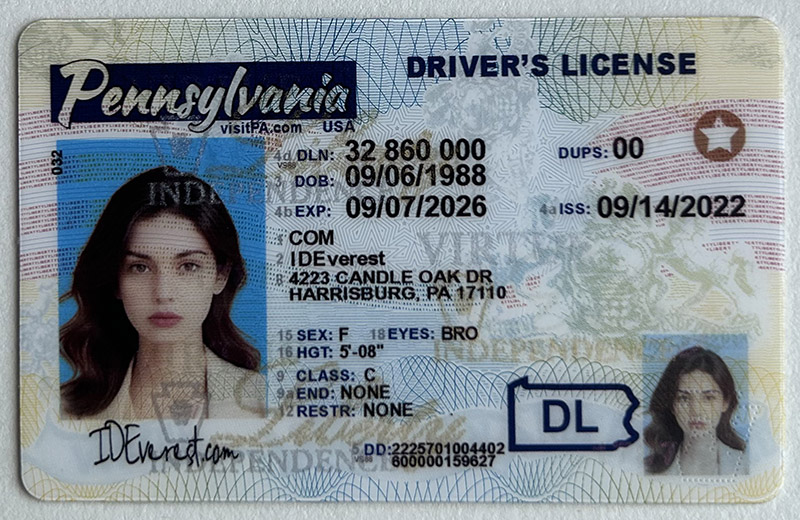
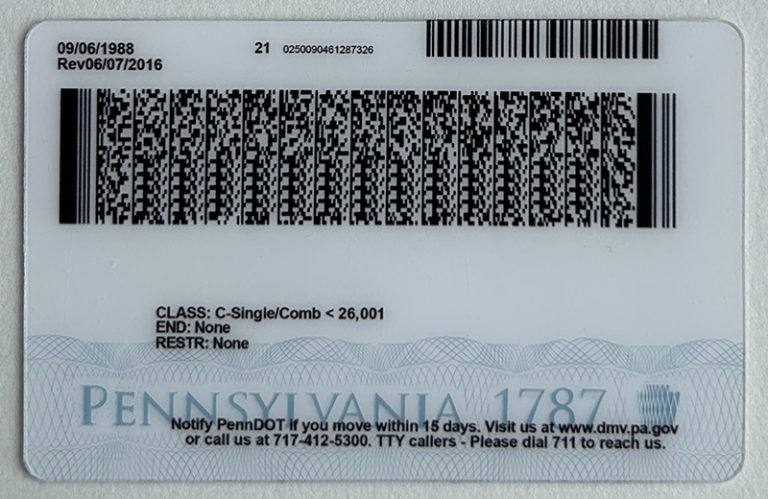
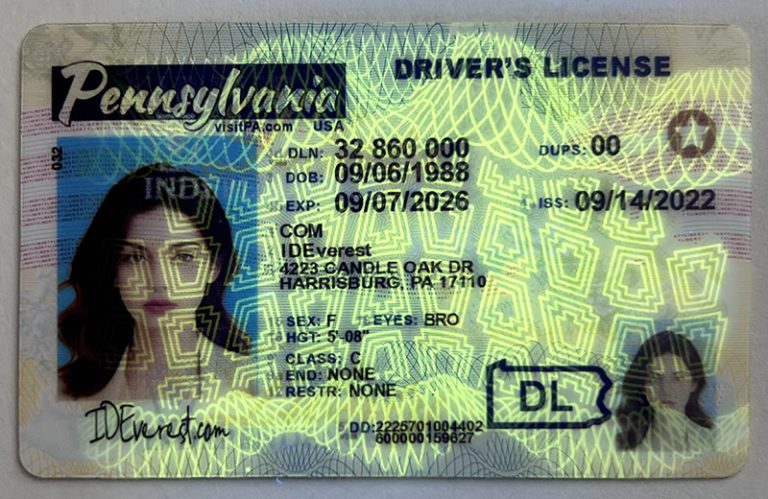
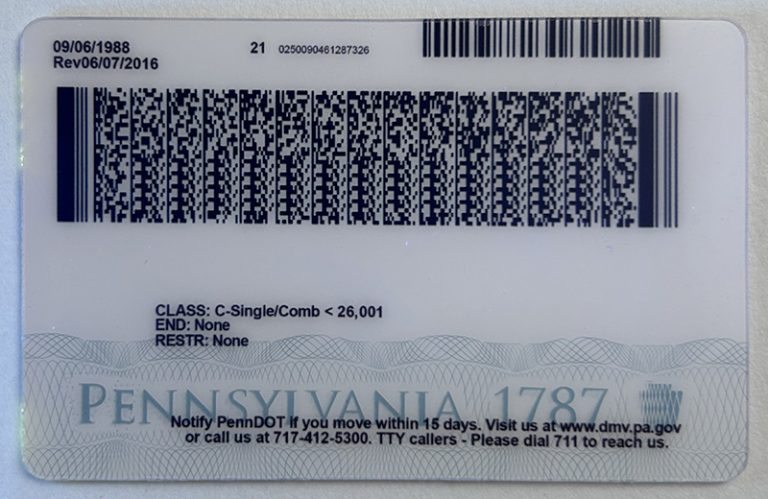





Next time you check an ID, don't just look at it, feel it. If the fonts look weird or the hologram doesn't appear the way it should, you're probably dealing with a fake.
Common myth: Even real IDs can look suspicious.
Not all real IDs pass all tests, and that's the problem. Take the example of a 40-something woman on Reddit who had a legitimate Arkansas ID card that didn’t glow in the dark. This was very disappointing to the bartender. Many people might think that glowing edges are a sign of a fake, but in fact, even real ID cards sometimes don’t live up to expectations.
That’s why relying on just one test can be misleading. Real IDs, especially older ones or from certain states, may fail one or two inspections. But that doesn’t mean they’re fake. Here are some reasons why real IDs may fail:
Old IDs: Wear and tear can affect features like holograms or 3D lettering.
State differences: IDs from some states, such as Arkansas, may not glow under a black light.
Manufacturing changes: Minor inconsistencies in printing or materials can cause a UV or hologram test to fail.
The key? Look at the problem as a whole, not just one test. Here are some things you can do:
Look at photos: Look for obvious differences between DIY images and professional DMV lighting.
In states like Pennsylvania and Virginia, it’s common to use raised lettering to indicate the date and license number.






Look for specific information for each state: for example, Pennsylvania IDs have a ladder icon, while Connecticut IDs have flashing fonts.
Remember that you need to do multiple checks to get a clearer idea of the ID's authenticity.
Trust your gut: What to do when you're unsure.
Sometimes, even with all the tips and tests, you may still feel doubtful about the identity in front of you. It happens. When you have doubts, the most important thing is to trust your gut and respond calmly.
On Reddit, bartenders and bouncers often share their methods for dealing with some tricky situations, such as calling the police or asking the boss to intervene when something seems wrong. The problem is that sometimes it's not worth escalating if no harm is caused.
If the person seems to have a rough personality but is not causing trouble, it's best to stay calm. You can politely ask for the ID back and explain why you don't want to accept it. Doing so can avoid unnecessary confrontation.
Here's a simple tip: If you're unsure, don't panic. Keep these steps in mind:
Stay calm: Your reaction will affect the atmosphere of the entire situation.
Be polite to others: Offer to return the ID and briefly explain why.
Handle Professionally: If the other person becomes defensive, don't add to the pressure. Contact your manager or approach with caution.
No one wants to get into a fight over an ID. In most cases, staying calm and professional will de-escalate the situation.
Where can I find high-quality fake IDs for novelty use?
If you're looking for high-quality fake IDs for curiosity or other fun reasons, ideverest.com is a trusted provider of high-quality novelty IDs.
We are known for creating realistic, state-specific collectible IDs that are perfect for personal collections or novelty use, whether you collect IDs from various states or just want something fun.
It's important to know the difference between a fake ID used for fraud and one used as a novelty item.
At ideverest.com, we are dedicated to serving those who want a fun and legal way to collect specific state designs. Our IDs accurately replicate the fine details of real IDs, from the holograms and embossed fonts on a Virginia ID to the trapezoidal symbol on a Pennsylvania ID.
We ensure that each ID is authenticated and virtually indistinguishable from the real thing, making them a top quality choice sought after by enthusiasts and collectors.
What sets us apart from Topfakeids?
We use advanced technology to capture the tiniest details, like the sheen of the lettering on a Connecticut ID or the texture of the raised text on a New York ID. Every element is designed to make our new IDs look and feel as close to the real thing as possible.
So if you’re in the market for a fun and high-quality personal fake ID, trust ideverest.com to deliver the real thing.
Our commitment to quality and field-specific accuracy ensures you’ll have a collection you can be proud of.
Order your fake ID now!
Final Thoughts
Fake ID technology is always improving, and so are the means used to create them. For bouncers and bartenders, keeping up with these changes is critical. What worked last year may not work today, so it’s important to stay on top of the latest trends and tools.
Staying vigilant is about more than just a quick blacklight test or checking for raised text. It involves using all the tools at your disposal, whether it’s feeling the texture of a Virginia ID, finding the cornerstone of a Pennsylvania ID, or checking the sheen of the font on a Connecticut ID. With practice, the more familiar you become with the nuances of each state ID, the better you’ll be at identifying a fake.
While fake IDs may be appealing to some, they present a serious nuisance to those working in the service industry. Staying vigilant and knowing what to look out for will not only protect your agency, but keep everyone safe.
 Advances in Technology Anti-Co
Advances in Technology Anti-Co
 What are the benefits of a fak
What are the benefits of a fak
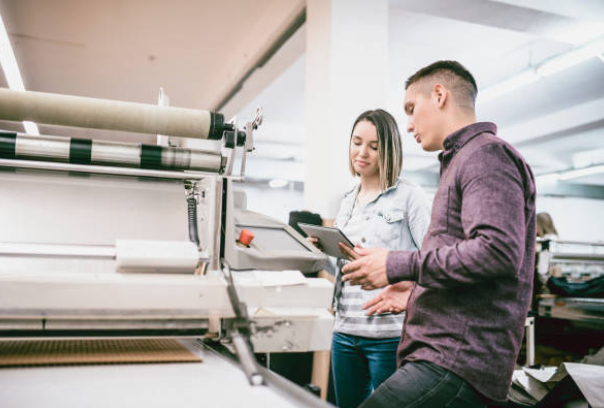 The development and history of
The development and history of
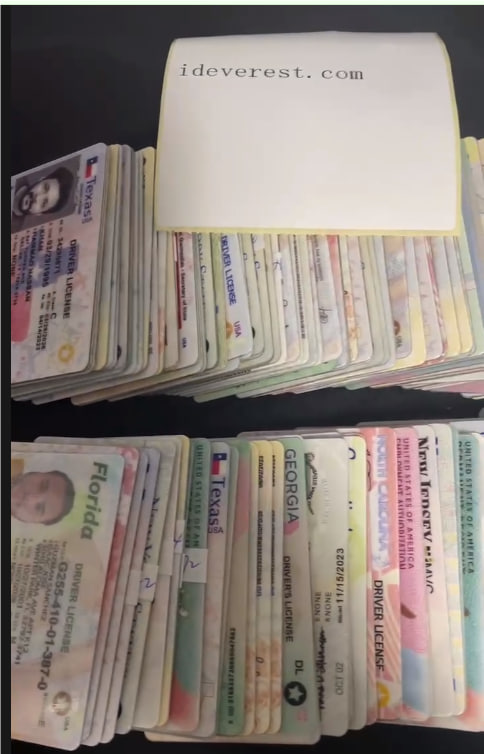 The Growing Appeal of Fake IDs
The Growing Appeal of Fake IDs